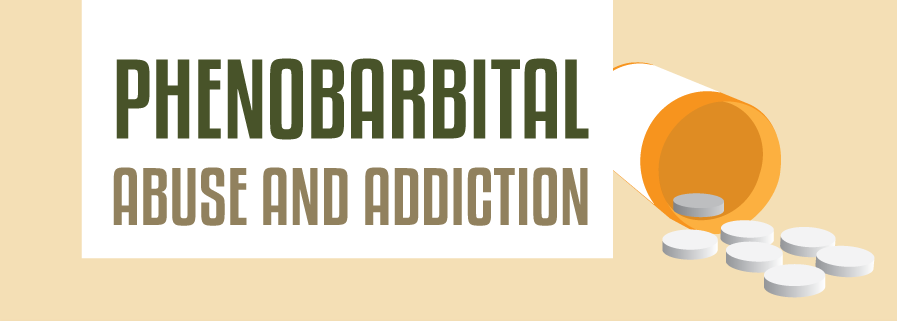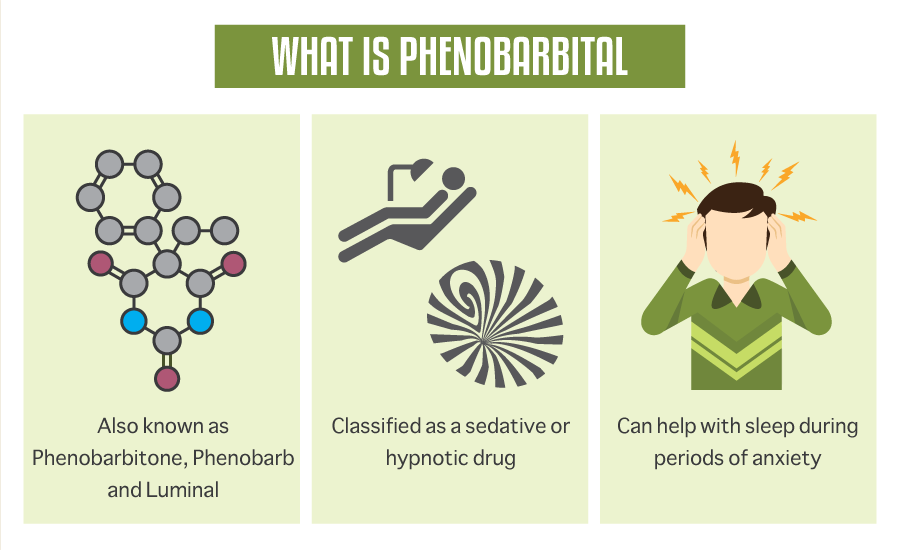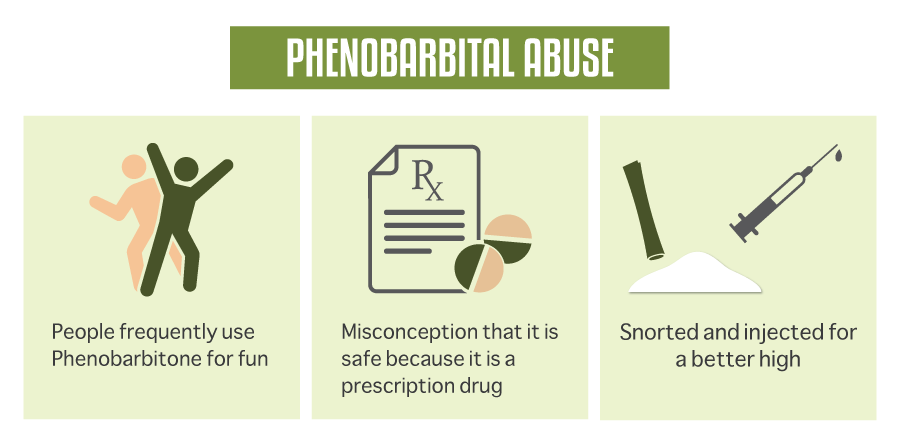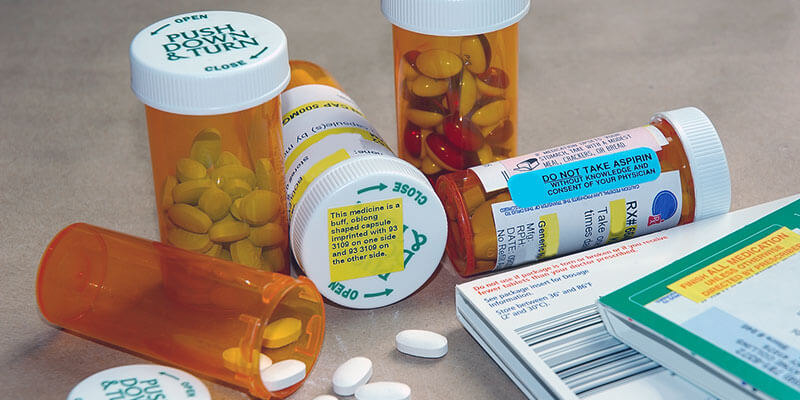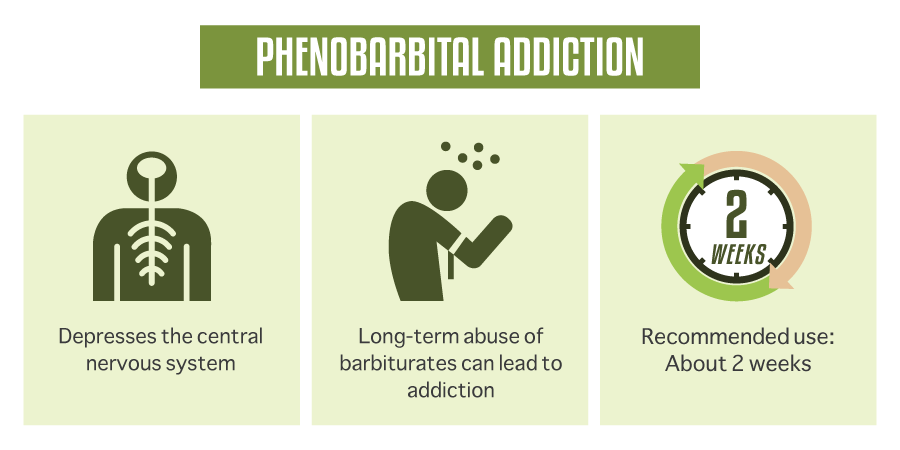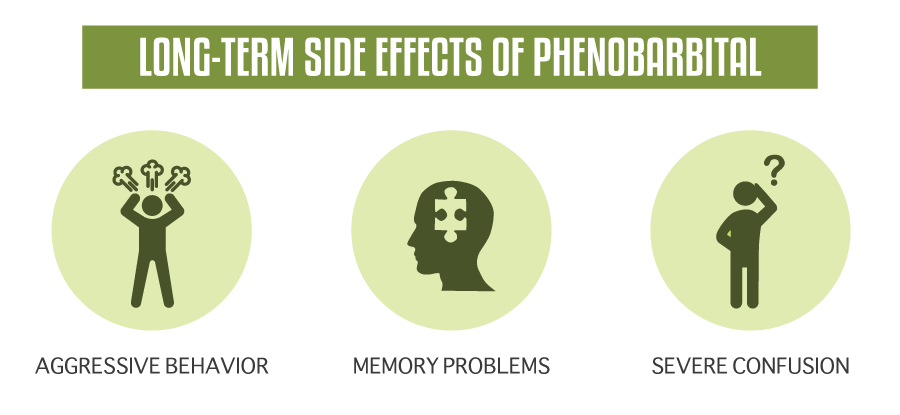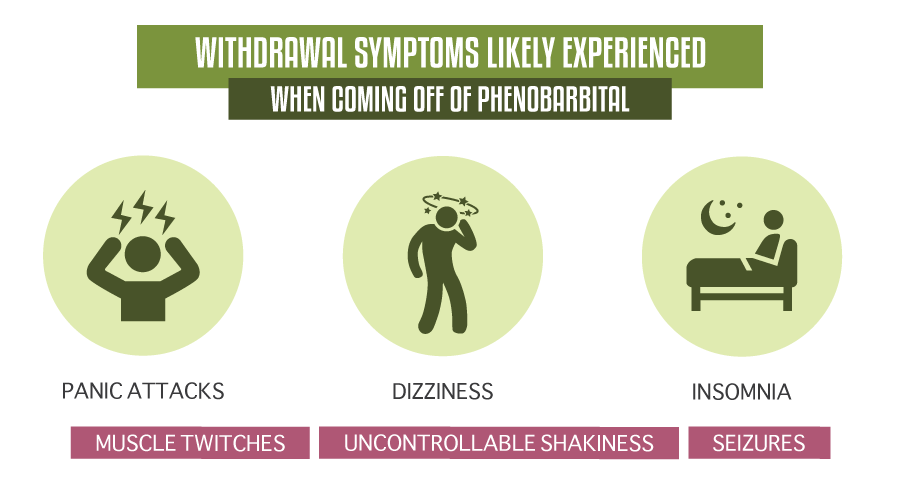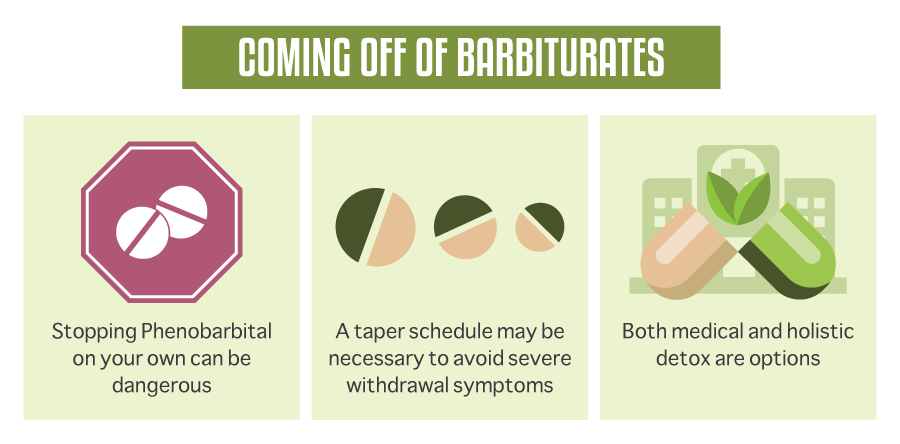Every facility has their own protocol for detoxing from phenobarbital. However, you can expect to be put on a Phenobarbital taper schedule. This is one of the main benefits of assisted phenobarbital detox. Professionals understand that this is a drug that needs to be tapered off slowly. They know the optimum rate to taper off the drug to avoid withdrawal symptoms.
Another benefit you’ll experience in a rehab facility is relief from many phenobarbital withdrawal symptoms. Many withdrawal symptoms can be controlled or eliminated by medications or a holistic detox process.
It’s important to know that it is impossible to completely avoid the symptoms of phenobarbital withdrawal. Even with the best care in the world, withdrawal would not be a pleasant process. However, recovery from your Phenobarbital addiction is more than worth the temporary discomfort.

